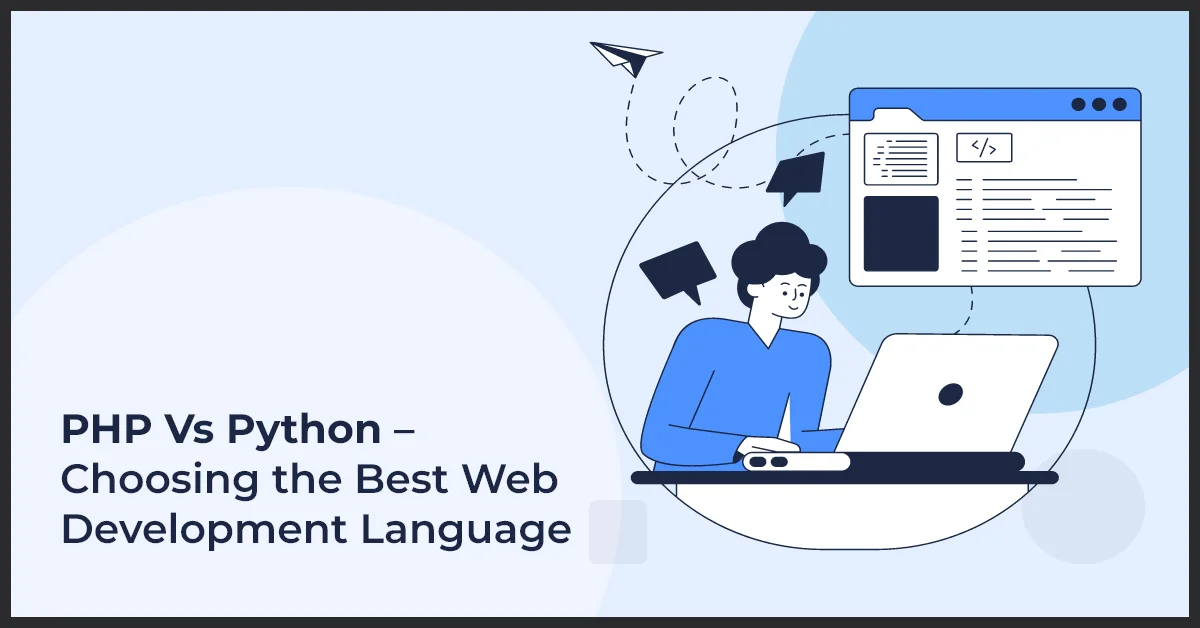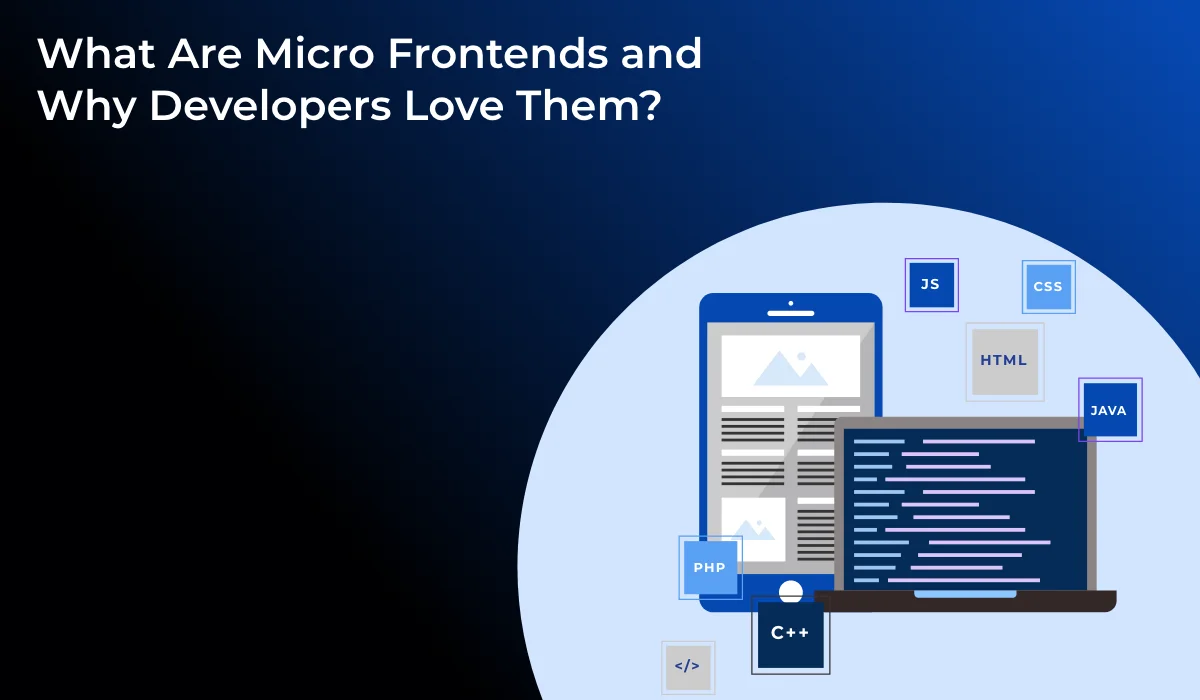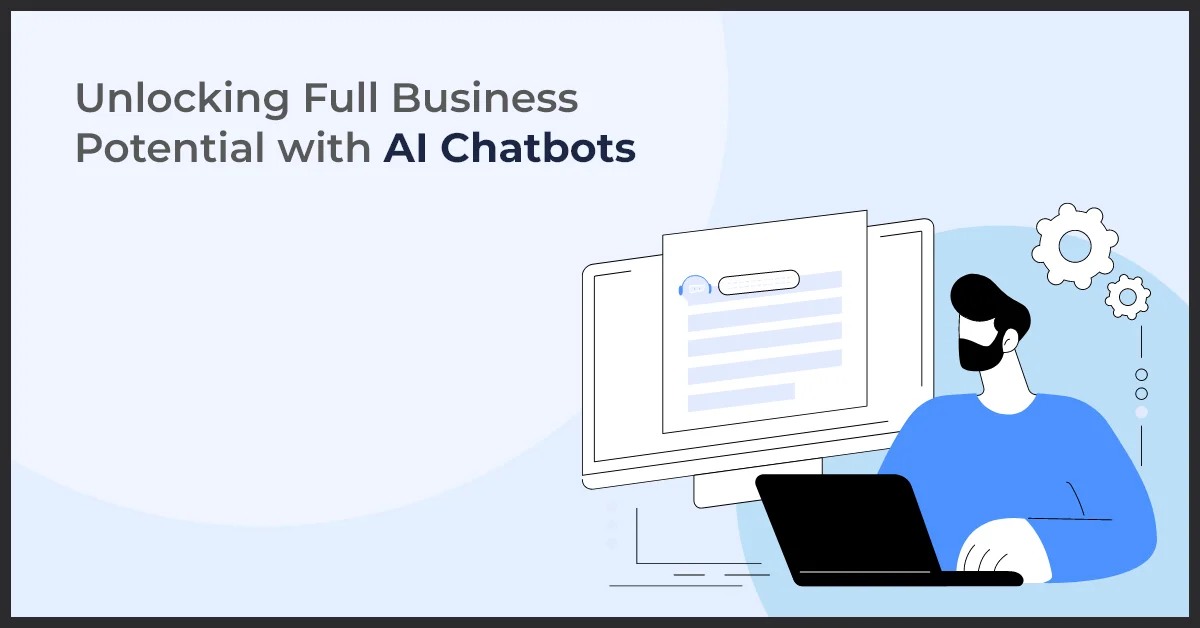PHP Vs Python – Choosing the Best Web Development Language

Published on: March 8, 2022
Updated on: April 10, 2024
348 Views
- Development
11 min read
PHP vs Python: Choosing the Right Language for Development
When it comes to programming, choosing the right language is crucial. With so many options available, it can be overwhelming to identify the most suitable one for your project. This article delves into the comparison between PHP and Python, two popular programming languages, helping you understand which language best fits your development needs.
From website development to software designing, there is always a debate about choosing the best programming language. For any development project, you need the right resources and tools; having the right programming language is key to a successful website.
Now when we talk about back-end development, PHP and Python are taking the heat. Though both of these are highly sought-after languages used today, taking sides in this debate is not easy, and developers will agree.
PHP and Python have been known as the two most popular server-side programming languages that businesses prefer for back-end development.
With neck-to-neck competition, it has become imperative to choose a language that is highly secure, reliable, and scalable. While skilled programmer weighs the benefits of a programming language based on their experience and logical approach, beginners find it a bit intimidating to choose between the two languages to get started with web or mobile app development.
Several programming languages can be used for back-end development, such as C, C++, Java, Ruby. But because of complex coding and syntax used, these can be difficult to learn. Yet, if we talk about PHP and Python, both these languages are easy to learn and use.
If you are wondering which one of the two is the best to start with, then this article will help you!
Let’s dive in!
Overview of Programming Languages
Programming languages serve as the foundation for developing software applications, websites, and other technological solutions. The choice of programming language determines how developers can solve problems, manipulate data, and design user interfaces. Each programming language has its own syntax, strengths, and areas of specialization.
Understanding the Importance of Language Attributes
Language attributes play a vital role in programming. These attributes define the characteristics and capabilities of a programming language, influencing factors such as efficiency, speed, readability, scalability, and maintainability of the code. Evaluating the attributes of a language is essential to ensure optimal performance and productivity during software development.
Choosing between Python and PHP for Development
Python and PHP are two highly popular programming languages, each with its own unique advantages and use cases. Python is known for its simplicity, readability, and strong community support. It excels in fields like data analysis, artificial intelligence, and web development. On the other hand, PHP is widely used for server-side scripting, particularly for web development projects. It provides a broad range of frameworks and tools tailored specifically for this purpose.
When deciding between Python and PHP, factors such as project requirements, development speed, scalability, and existing knowledge should be taken into consideration. This article will explore the differences and similarities between the two languages, allowing you to make an informed decision based on your specific project demands.
Why Choose PHP?
PHP is an open-source programming language that has long been used to create online applications and is widely used in server-side web development.
Features of PHP
1. PHP is easy to code and implement as compared to any other programming language.
2. It provides database integration and supports different databases such as MySQL and Oracle.
3. It offers cross-platform compatibility.
Advantages of PHP
1. Developers who have knowledge of programming languages such as C, C++, and Java, find it easy to understand and work.
2. It has a wide range of features, yet it is known as one of the simple and easy-to-understand programming languages.
3. Model-View-Controller, the PHP framework's architectural pattern, aids developers in arranging their code.
4. PHP is open-source and free. It may be downloaded from any location and is ready to use in the event of online applications.
5. Applications built on PHP and connected to a database can be loaded quickly.
6. PHP is mostly utilized because it loads faster than other programming languages over sluggish internet connections.
7. PHP offers a library of prewritten routines that users may utilize to improve their programs as needed.
8. PHP allows us a lot of flexibility. It is quite adaptable, and its built-in functions make it simple to connect to a database.
9. It is compatible with several relational database management systems, including MySQL, dBase, IBM DB2, and others.
Drawbacks of PHP
1. Due to its open-source nature, it is not completely secure as ASCII text files are frequently available.
2. It lacks strong debugging tools necessary for identifying and troubleshooting bugs, resulting in poor application upkeep.
3. PHP does not allow for the simultaneous operation of numerous features. In fact, utilizing more capabilities from the PHP tools might cause performance issues.
4. It is really difficult to handle because it is not modular. It already mimics the characteristics of the Java programming language.
Regardless, with such widespread use of the programming language, it is evident that PHP's benefits outnumber its drawbacks. As a result, it still maintains a sizable development community.
Why Choose Python?
Python is a high-level programming language, object-oriented, and interpreted. It works with a variety of programming paradigms and supports both structured and object-oriented programming completely. With huge library support, Python has become one of the popular choices for backend programming.
Features of Python
1. Python can operate on several hardware systems.
2. Python language is easy to learn, understand, and work on.
3. Python provides the ideal structure and assistance for complex programs.
4. Automatic garbage collection is supported in Python.
5. It helps with testing and troubleshooting in an interactive fashion.
Advantages of Python
1. A high-level programming language that is easy to learn and write.
2. As compared to programming languages like Java, C, and C++, Python requires fewer lines of code to perform.
3. Due to its simplicity and easy syntax, Python is known as an extremely productive language.
4. Python is an interpreted language, which means that it directly executes code line by line.
5. Python is open-source, that is, free to use and share.
6. Python provides extensive library support for all functions and tasks.
Drawbacks of Python
1. Python is an interpreted and dynamically typed language that often leads to slow execution and run-time error.
2. As Python uses a large amount of memory, it is not suited for applications that require memory optimization.
3. Python has weak mobile computing.
4. Python lacks in terms of database connectivity.
Performance Considerations: PHP vs Python
A. Speed: Benchmarking the execution speed of PHP and Python
When it comes to speed, PHP and Python have their own strengths and weaknesses. PHP is known for its fast execution speed, especially for web-based applications. Its interpreter is designed to be optimized for web development, allowing PHP to handle large amounts of requests efficiently. On the other hand, Python is generally slower than PHP due to its interpreted nature. However, Python's performance can be significantly improved with the use of higher-level libraries and frameworks.
B. Memory Usage: Analyzing the memory consumption of PHP and Python applications
In terms of memory usage, PHP and Python have different approaches. PHP is relatively lightweight and consumes less memory compared to Python. This makes it ideal for projects with limited server resources or when memory optimization is crucial. Python, on the other hand, typically consumes more memory due to its versatility and extensive libraries. However, with proper memory management techniques, Python applications can also be optimized to reduce memory consumption.
C. Scalability: Examining the ability of PHP and Python to handle increasing workloads
When it comes to scalability, both PHP and Python can handle increasing workloads. PHP, being a long-standing language for web development, has a mature ecosystem of tools and frameworks that support scalability. It is widely used in large-scale websites and can handle high traffic volumes effectively. Python, although not as popular as PHP in web development, has frameworks like Django and Flask that provide scalability features. Python's scalability is often leveraged in complex systems and data-intensive applications.
- PHP excels in handling high numbers of concurrent requests with its lightweight and efficient execution.
- Python's performance can be improved with the use of asynchronous programming, making it suitable for handling concurrent tasks.
Popularity and Community Support: PHP vs Python
A. Popularity Among Developers: Analyzing the preference and adoption rates of PHP and Python
When it comes to popularity, PHP and Python have both garnered significant attention from developers around the world. However, the preferences and adoption rates of these two languages differ.
PHP has long been a dominant player in the web development industry. With its wide usage in popular content management systems like WordPress and Drupal, PHP has gained immense popularity among developers specializing in web development. Its simplicity and ease-of-use have made it a preferred choice for beginners and experienced developers alike.
On the other hand, Python has also gained a massive following, especially in the scientific and data analysis communities. Due to its versatility and powerful libraries such as NumPy, SciPy, and Pandas, Python has emerged as the language of choice for data scientists and researchers. Additionally, Python's readability and clean syntax have contributed to its rising popularity.
B. Community Size and Activity: Assessing the size and engagement level of PHP and Python communities
When it comes to community support, both PHP and Python have robust ecosystems with large and active communities.
The Python community boasts a significant number of developers, contributing to the continuous growth of the language. The community organizes numerous conferences, workshops, and meetups, providing ample opportunities for developers to connect, exchange ideas, and collaborate on projects. This vibrant community fosters innovation and knowledge sharing, making Python a thriving language.
Similarly, the PHP community is also vast and diverse. The language's popularity has given rise to a plethora of PHP forums, online communities, and open-source projects. Developers can seek help, share their knowledge, and contribute to the improvement of PHP through this active community. The PHP community's collective expertise makes it easier for newcomers to find solutions and enhance their skills.
C. Resources and Support: Examining the availability of learning materials, forums, and documentation
Both PHP and Python offer extensive learning resources and support to assist developers in their learning journeys.
For PHP, there is a wealth of online tutorials, blogs, video courses, and documentation available. These resources cater to developers of all levels, ensuring that beginners find the necessary guidance to get started while offering advanced content for experienced developers. Additionally, the abundance of PHP forums and communities means that developers can always find answers and helpful advice whenever they encounter difficulties.
Python's learning materials are also abundant, with numerous online courses, tutorials, and documentation available. Besides, the official Python website provides comprehensive tutorials and guides for beginners, enabling them to grasp the language's fundamentals quickly. Python's well-maintained documentation acts as an invaluable reference for developers, ensuring they can easily navigate the language's vast ecosystem of libraries and modules.
Python vs PHP: A Comparison Table
| Parameters | Python | PHP |
| Ease of Learning | Python is one of the easiest languages to learn and understand. | When compared with Python, PHP is complex to learn. |
| Library Support | Python has a well-developed library support. | PHP doesn’t have enough library support for all the applications ,though Packagist, a PHP packages repository works as a central pillar holding PHP. |
| Language Type | Python is specialized in website development and machine-learning codes. | PHP is a general-purpose programming language. |
| Security | Python offers a higher level of security. | PHP has a medium level of security. |
| Database Connectivity | Lesser support | Higher support |
| Community Support | Python will ultimately catch up to PHP in terms of performance. | PHP offers excellent community support. |
| Database Connectivity | Python falls behind in database connectivity when compared to PHP. | PHP allows access to more than 20 databases. |
| Readability | High | Low |
| Performance | Fast | PHP is faster than Python |
Conclusion
Both PHP and Python have some strong as well as weak points. PHP has been used for years for website development, but with its ease, flexibility, and security, Python is taking over the world of web development. Which one of the two languages you choose over the other depends on your business and project requirements.
If you want to learn more about software development and programming languages, reach out to our experts at info@growthnatives.com or visit our website.
Frequently Asked Questions
The choice between PHP and Python for web development depends on various factors such as the specific requirements of the project, the expertise of the development team, and the ecosystem of tools and frameworks available. Both PHP and Python are popular choices for web development, and each has its own strengths and weaknesses.
PHP has been a popular choice for web development for many years, especially for building dynamic websites and web applications. However, whether PHP is the best choice depends on the specific requirements of your project and your familiarity with the language.
Web development and Python are not directly comparable, as Python is a programming language commonly used for web development among other things. Whether Python is better for web development than other languages depends on the specific requirements of your project and your familiarity with the language.
Python and PHP are both capable languages for web development, but they have different strengths and weaknesses. Python is known for its readability and versatility, while PHP is known for its ease of use and integration with web servers. While Python can accomplish many of the same tasks as PHP, whether it can do everything PHP can depends on the specific requirements of your project and the libraries and frameworks available for Python.



